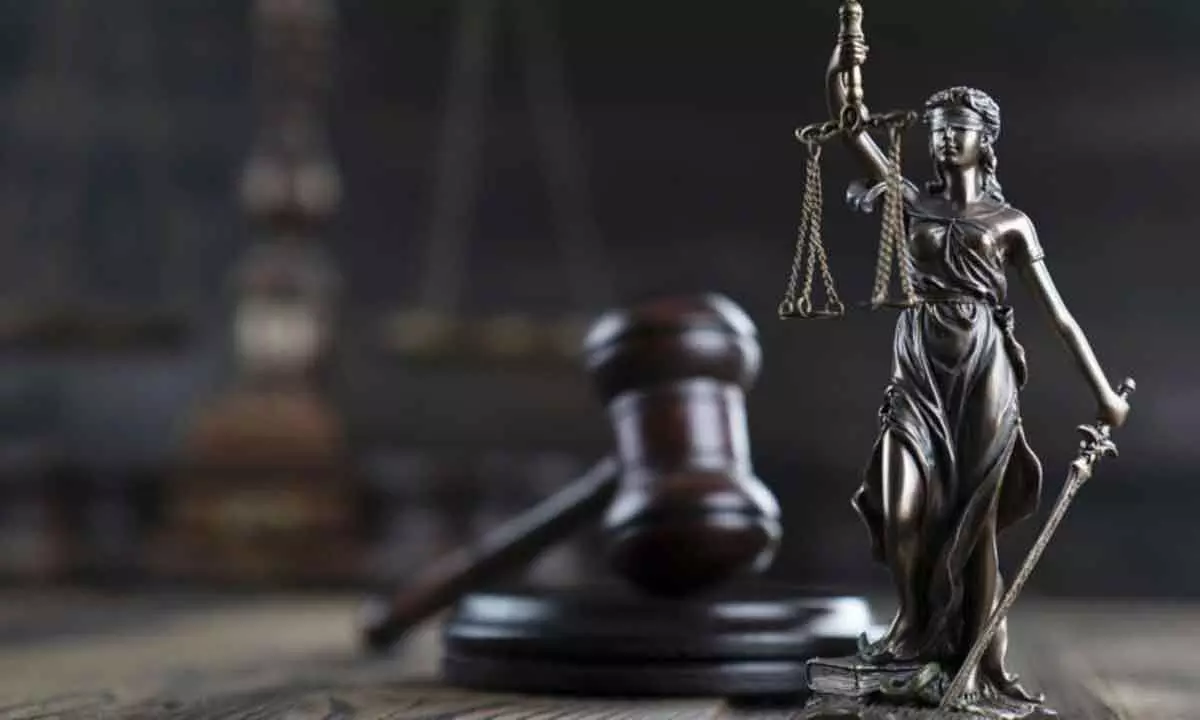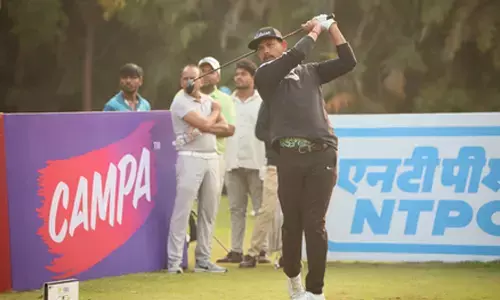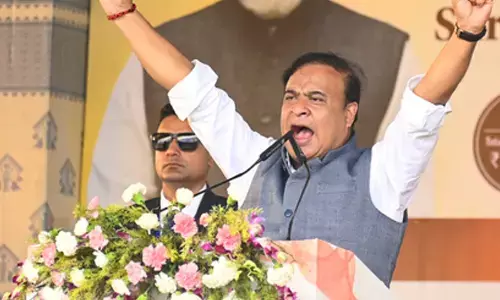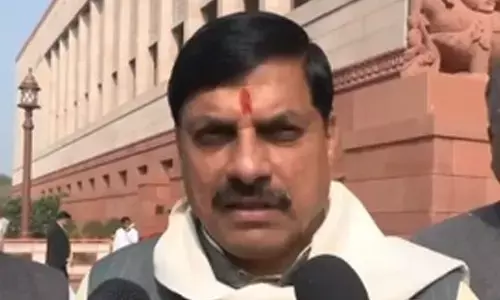Gruesome Godhra: For now, 3 aces in soup!

Amidst stoic silence by the self-proclaimed ‘crusaders’ of freedom and liberty, the newly constituted Special Investigation Team (SIT) in the aftermath of the landmark Supreme Court judgment in the Zakia Jafri’s Review Petition
Amidst stoic silence by the self-proclaimed 'crusaders' of freedom and liberty, the newly constituted Special Investigation Team (SIT) in the aftermath of the landmark Supreme Court judgment in the Zakia Jafri's Review Petition , lost no time in bringing to the book, three aces, namely Setalvad Teesta, former ADGP Sreekumar R B and Sanjay Bhatt, IPS who is at present serving the life term in jail.
The bench comprising Justice A M Khanwilkar, Justice Dinesh Maheshwari and Justice C.T Ravikumar while dismissing the petition came down heavily on all those who were just interested to keep the pot boiling, obviously for ulterior design.
Giving a clean chit to the then Chief Minister Narendra Modi on June 24, the Apex court observed, " As a matter of fact, all those involved in such abuse of process, need to be in the dock and proceeded with in accordance with law." Thus, after a long wait of 20 years the post-Godhra riot case has got a decent burial.
Vexatious litigation and abuse of the legal process are certainly the offences in our law; but hardly anybody gets punishment for these offences. Call it the liberal approach of judiciary or lethargy of the presiding officers of courts, it is a fact that hardly anybody gets punished for indulging in filing vexatious litigations and abusing the due process of law. Obviously, due to such a lukewarm approach of the courts, the mischievous elements get bolstered. Resultantly, such worthless cases only add to the vows of already heavily burdened courts.
The post-Godhra riots case is an unique case in the sense that instead of focussing on the perpetrators of heinous crime of putting a train bogie on fire and charring 59 innocent passengers including the women and children the entire focus was shifted to the violent incidents that followed subsequently. The spirit of federalism enshrined in the Constitution of India was given a convenient go bye and a false narrative was spread at the behest of the then central government and anti-national elements with a view to foment uncontrollable country-wide communal violence. Instead of co-operating with the State administration to douse the communal fire, the rulers at the Centre indulged in not only the vote bank policy but also blamed the victims of train burning. More startling was the Best Bakery verdict of 2004 delivered by the Apex court which gave legitimacy to the Centre's doings and fastened the entire blame on the State government. Now with the June 24 latest Judgment by the larger bench, the Best Bakery judgment has been overruled and the truth has emerged with full shine.
Indeed, the above mentioned two judgments raise some basic questions like the parameters followed by the highest court of the land in 'judging' the contentious issues and the severity of direct or indirect 'pressure' on them and their level of endurance to withstand such pressure. However, for a hapless citizen, his role is that of a bystander. The crisis of conscience has to be resolved only by the people in power and the people dispensing justice with the aid of soul-searching.
Meanwhile, let the buck not stop here. Let the Apex court's advice, if not the order, be followed in letter and spirit by identifying and prosecuting such anti-national elements so that the future could be galvanised from the communal violence.
NUPUR SHARMA EXPOSES REAL FACE OF MELORDS
Call it a black Friday or hollowness of the Melords adoring the coveted seats of judiciary, July 1 will be remembered as an extraordinary day in the judicial history of the country. On that day, two judges, namely Justice Surya Kant and Justice J B Pardiwala termed Nupur Sharma, the petitioner in a transfer of nine cases of blasphemy spread over four States, to New Delhi because of the threat perception as a person of lose tongue and squarely blamed her for the gruesome murder of a tailor, Kannaiyalal Sahu by the Jihadis in broad day light at Udaipur (Rajasthan).
What perturbs the people at large is not the obiter dicta views of the judges which do not form the part of the judicial order, but the intemperate and indecent language used by them which belies all hopes of fair , honest and impartial justice from them. The very apex court in a plethora of judgments has cautioned the judges (of course, including the judges of the Supreme Court) to show restrain and decorum while dealing with a case before them.
Indeed, it would be wrong to interpret the outburst of spontaneous anguish of the people as expression of partisan views by the Hindu fanatics because the irresponsible and foul mouth rhetoric of the said Judges have added fuel to the fire of communal violence, the disastrous consequences of which shall have to be squarely attributed to the said Judges.
US SUPREME COURT OVERTURNS 50-YEAR-OLD LAW
In a recent verdict, the US Supreme Court by a majority in Dobbs Vs. Jackson over turned the 50-year-old judgment in Roe Vs. Wade which had recognised the right of women to seek abortion before foetal viability or even quickening , which had been affirmed as part of liberty and equality including autonomy and bodily rights.
Justice Kavanaugh speaking for the majority said: " The Constitution does not freeze the American people's rights as of 1791 or 1868…The Constitution authorises the creation of new rights."
However, he rightly added: " The court cannot rewrite the Constitution to create new rights and liberties based on our moral or policy views."
Indeed, the judgment has stirred the hornet's nest in a 'liberal' society of America. The rights groups are up in arm and protests have hit the streets of major cities of the US.
TS HC: ATTACHMENT OF PROPERTY
A division bench comprising the Chief Justice Satish Chandra Sharma and Justice Abhinand Kumar Shavili of the Telangana High Court has reiterated that an Execution Petition under Order XXI, Rule 46 of the CPC for enforcement of an arbitral award is maintainable in any court at any place in the country.
However, the court added that the said court must have the jurisdiction to execute the award.
This ruling was handed out in a case titled: M/s. Rashmi Metaliks Ltd Vs M/s. Techno Unique Infratech Pvt.Ltd on June 6.








